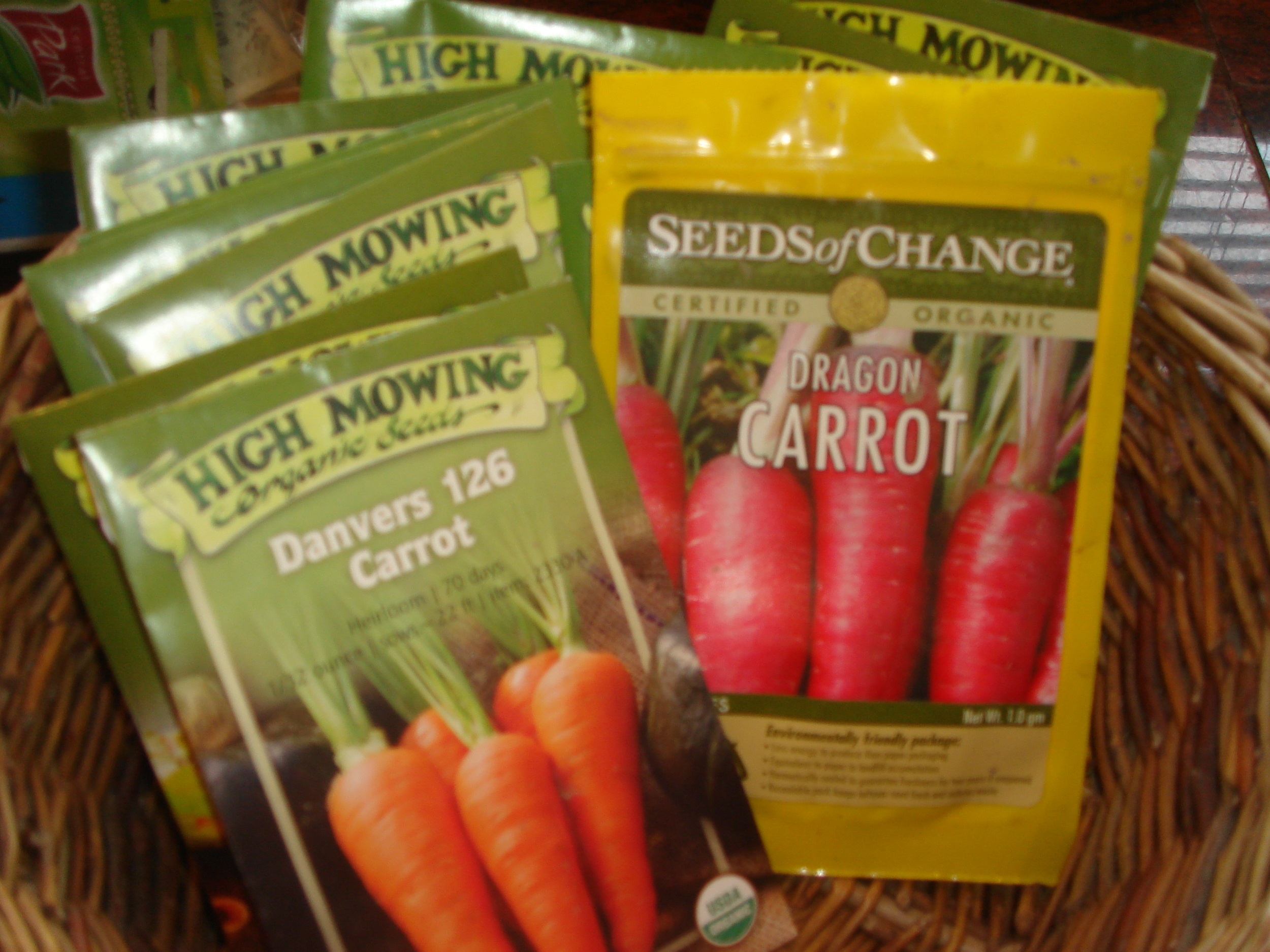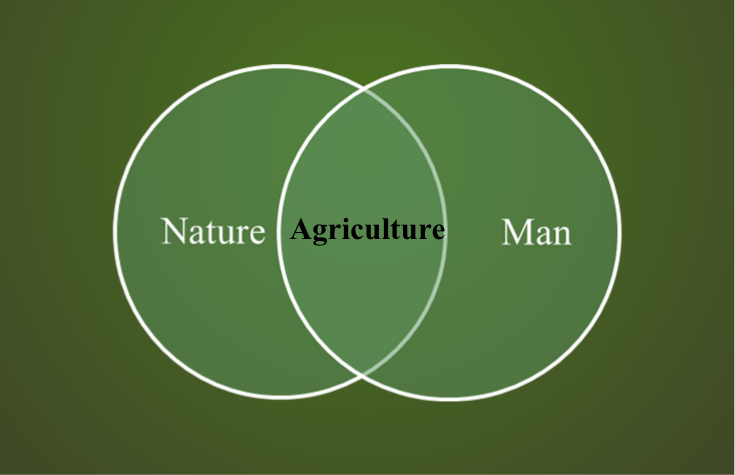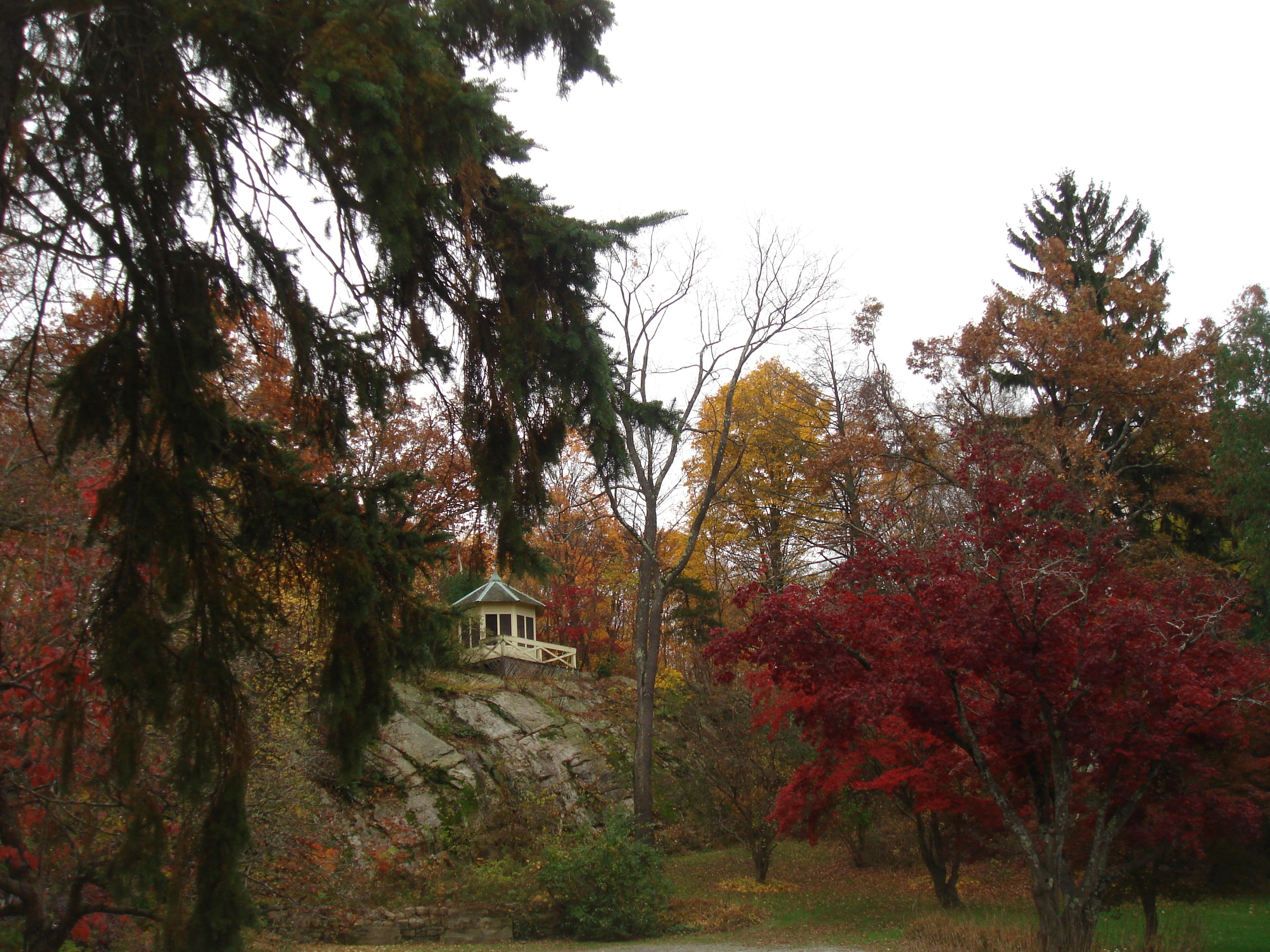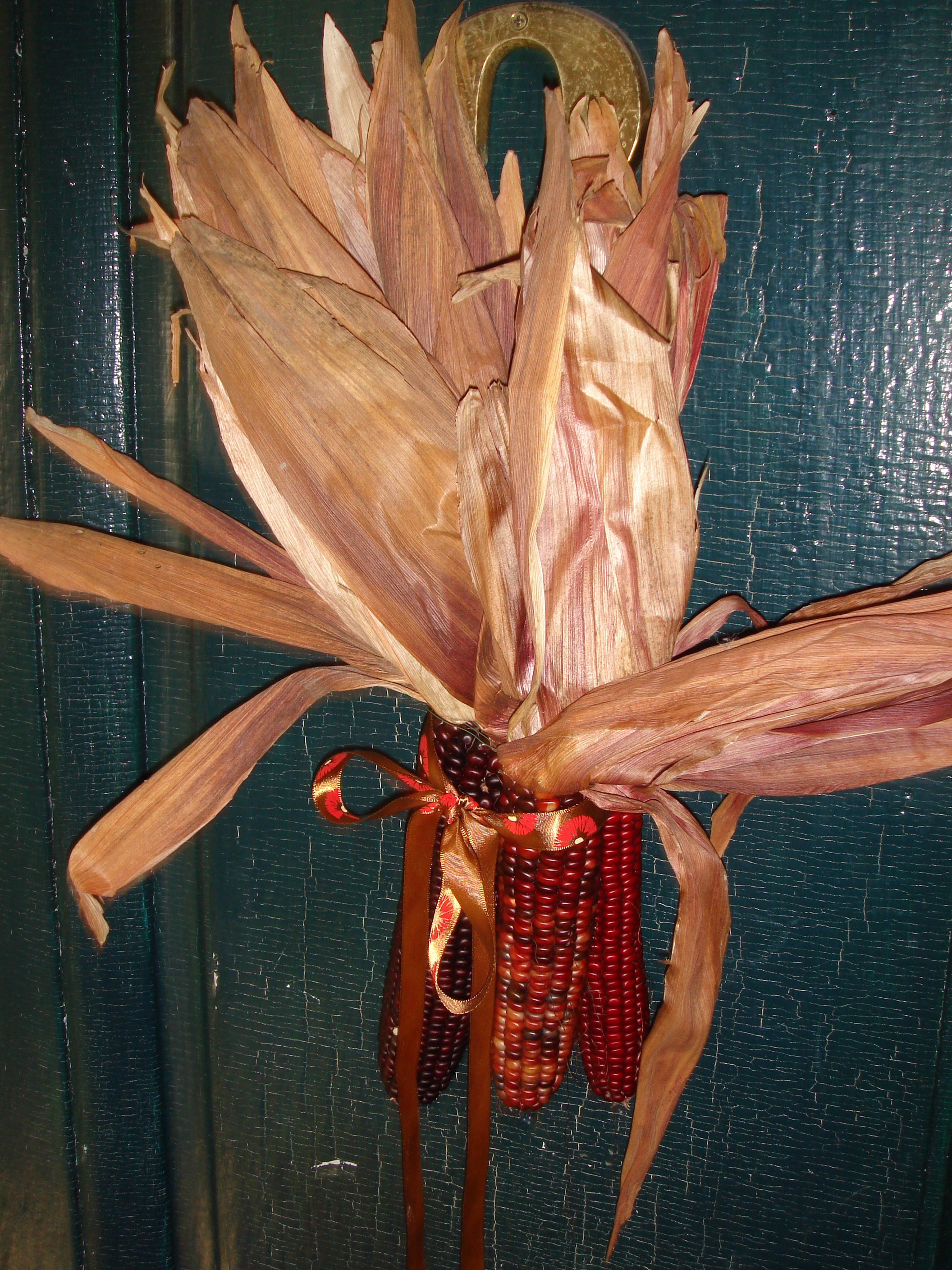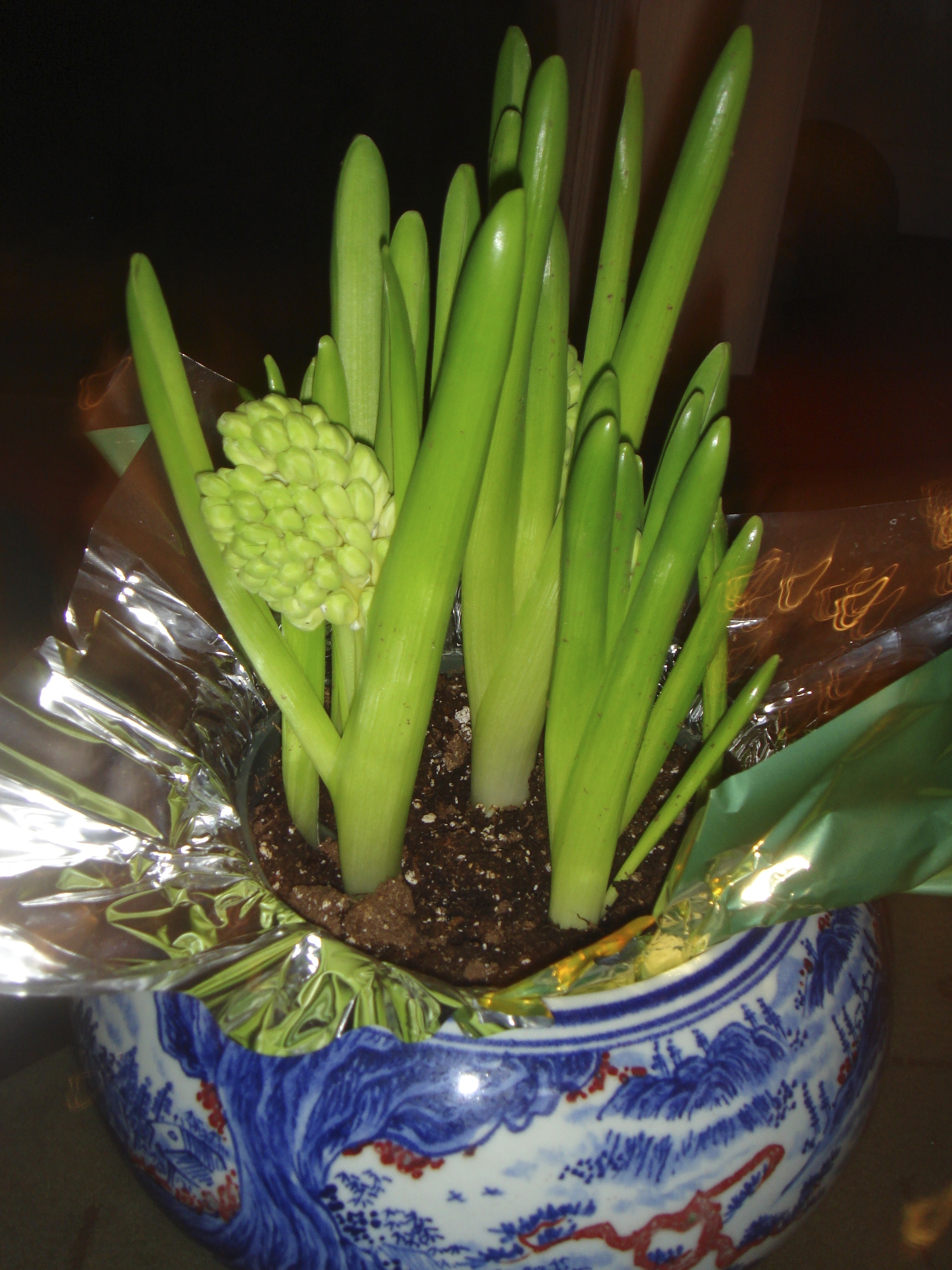 …at least inside my house (it’s still so cold outside and it looks so barren because Easter is early this year). I love Easter for its pagan symbols and meanings, eggs and rabbits for fertility and renewal, greenery in vases for new growth, young tender green vegetables and lamb for Easter dinner for the lambs that are born in the spring and the vegetables that begin to sprout (inside in our latitude).
…at least inside my house (it’s still so cold outside and it looks so barren because Easter is early this year). I love Easter for its pagan symbols and meanings, eggs and rabbits for fertility and renewal, greenery in vases for new growth, young tender green vegetables and lamb for Easter dinner for the lambs that are born in the spring and the vegetables that begin to sprout (inside in our latitude). 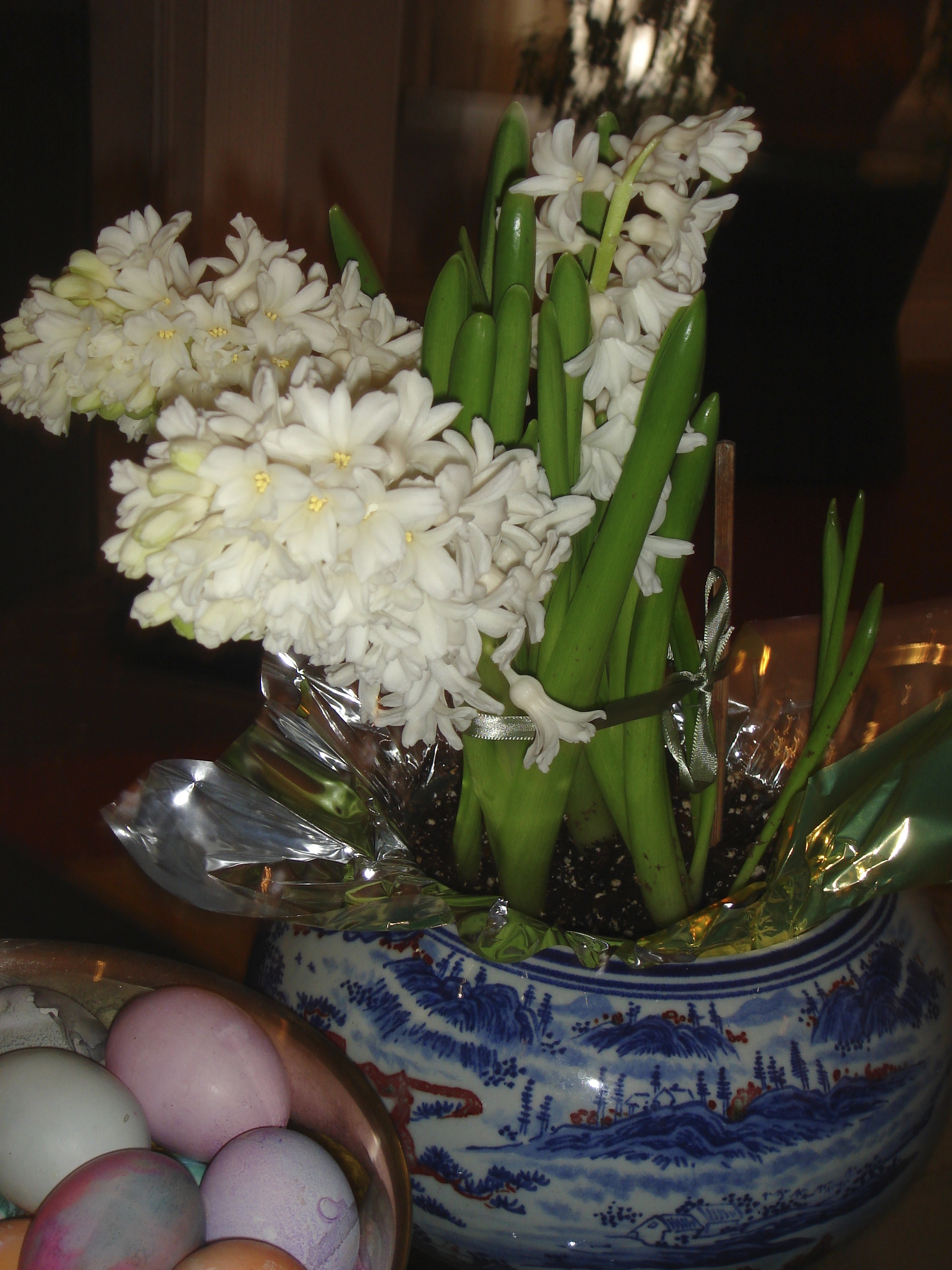 A German Easter custom is to blow chicken eggs out, paint or dye them, and hang them from branches; pussy willows are customary, but any branches cut from the garden will begin to sprout little green leaves during the weeks leading up to Easter. Ahhhhhh – green! So nice after all the browngrey and white. Each year I also buy one hyacinth. As it unfolds during the pre-Easter weeks its strong fragrance begins to permeate the entire house – hmmmm, the smell of Easter, the smell of spring.
A German Easter custom is to blow chicken eggs out, paint or dye them, and hang them from branches; pussy willows are customary, but any branches cut from the garden will begin to sprout little green leaves during the weeks leading up to Easter. Ahhhhhh – green! So nice after all the browngrey and white. Each year I also buy one hyacinth. As it unfolds during the pre-Easter weeks its strong fragrance begins to permeate the entire house – hmmmm, the smell of Easter, the smell of spring. 
As a matter-of-fact, I like all festivities that connect us to nature and the seasons, and life in general. It is grounding and reassuring and meaningful. It reminds us of our deep connection to nature.

